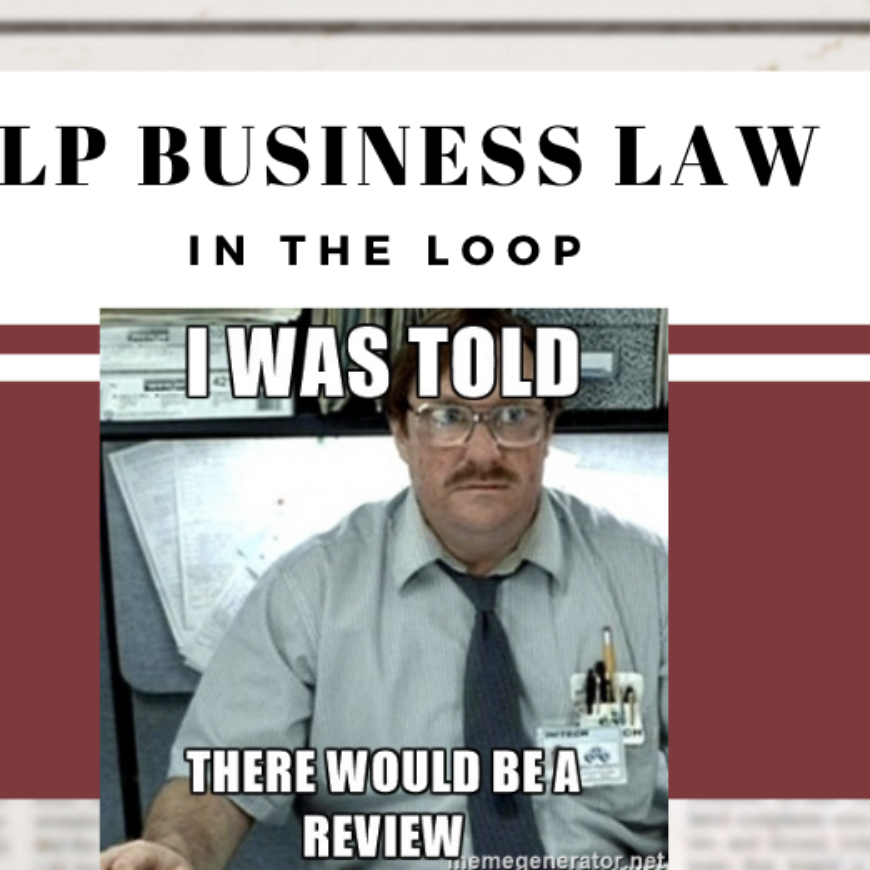Ben Kinney, JD
Telling the other side that you’ll “waterboard” them is too far.
Unlike many legal systems around the world, the American system is adversarial. The adversarial system provides that two or more advocates represent their parties’ case or position before an impartial person or group of people, usually a jury or judge, who attempt to determine the truth and pass judgment accordingly. The Model Rules of Professional Conduct govern an attorneys’ ethical obligations. The Rules state that “as advocate, a lawyer zealously asserts the client’s position under the rules of the adversary system.”
But sometimes attorneys’ advocacy goes way awry and requires judicial intervention. Recently, a Federal Judge in California has demanded the resignation of an attorney who took settlement “negotiation” just a few miles too far. Examples of just a few of the messages can be seen here (https://tinyurl.com/tphuwtc)
The attorney wrote hundreds of explicit and threatening messages to the attorneys on the other side demanding hundreds of millions of dollars to settle (he knew is case was worth at best a couple hundred thousand dollars). But it didn’t stop there as he threatened to water board, beat, and tattoo the opposing attorneys across the face. At one point he even listed in a threatening email the home address of one of the opposing attorneys, which finally led to intervention by the Court.
“Tell you what, slick, this profession does not need you,” the judge said. “I am going to do what I can to remove you from this profession.” He then asked the attorney to resign and ordered that the attorney pay the opposing side’s fees and costs.
This sort of outrageous “advocacy” has no place in the legal system and it does the opposite of advancing the client’s goals. While having never encountered anything close to this scenario, the attorneys at Stilp Business Law, P.C. have experience overcoming opposing attorneys and parties who are a nightmare to deal with. If you find yourself in counterproductive negotiations, it may be time for court intervention.
image cred: Getty Images



